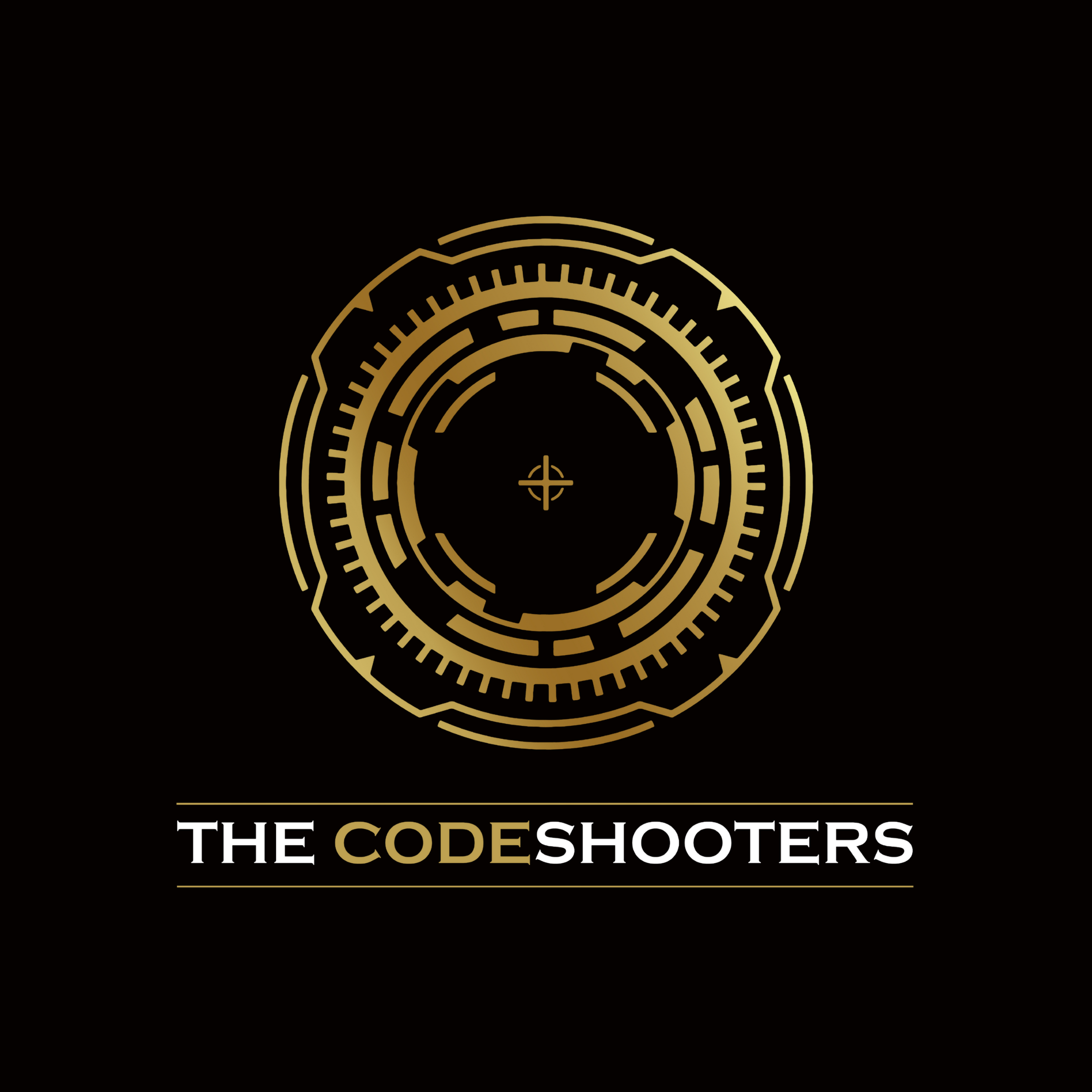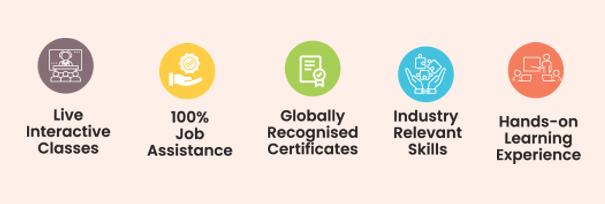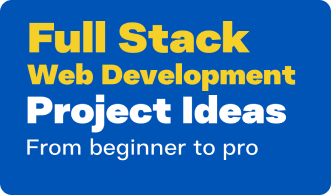

Data Structures & Algorithms Bootcamp
Grab that Dream offer by Mastering DSA, System Design, and one of a kind MAANG-level Interview Prep by Top Tech Pioneers. Join the Live training for Top Tech roles by sprinting your way through the Rat race.

150k+ Placements to Date

600+ Hiring Partners

76 Lakhs Hightest Annual Salary
Next Batch starts in November
















































